
Sean Hamill
Reporter

Reporter

Jodi Cohen had never heard of researcher Dr. Mani Pavuluri before she got a tip in January 2018 to look into her work. What she found was deeply troubling.
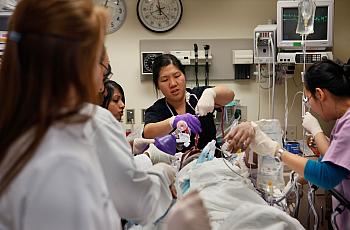
One reporter's intrepid data quest has given reporters nationwide a new look at how their local hospitals rank when it comes to charity care. Check out these datasets for story ideas in your neck of the woods.
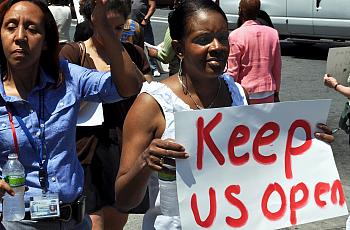
Nearly 60 hospitals have closed in the U.S. since 2010. In reporting on how hospital closures affect poor patients in Rust Belt towns, reporter Sean Hamill found first-person accounts to be crucial. But backing up those stories with data and geographical comparisons also provided essential context.
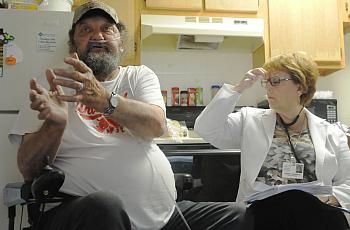
A pilot program in Pittsburgh, Penn. that uses nurses and pharmacists to follow-up with patients after they leave the hospital has significantly lowered readmission rates, improved the health of thousands, and saved $41 million at six hospitals in its first two years alone.
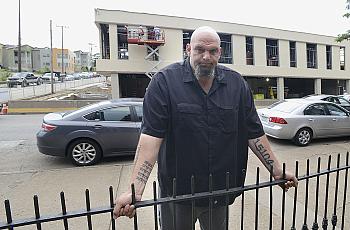
More than a quarter of the hospitals in the Pittsburgh area have closed since 2000, drastically reducing the amount of charitable care available to the poor. Where are they getting care?
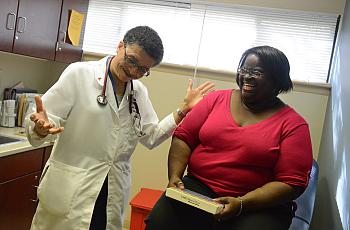
Myrtis Henderson is one of many patients who fall into a yawning gap in the health safety net. Many such patients need specialty care but are unable to get it because they don't have insurance or have inadequate insurance. Specialists won't accept them, or they can't pay upfront for the visit.

Sean D. Hamill wrote this report for the Pittsburgh Post-Gazette as a 2013 National Health Journalism Fellow and Dennis Hunt Health Journalism Fund grantee.
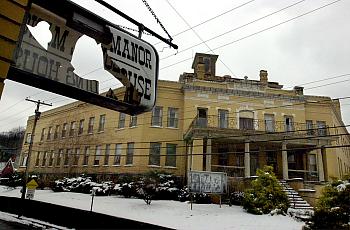
Sean D. Hamill wrote this report for the Pittsburgh Post-Gazette as a 2013 National Health Journalism Fellow and Dennis Hunt Health Journalism Fund grantee. Other stories in the series include can be found here.

When Jeannette South-Paul, a nationally known advocate for the underserved, came to the University of Pittsburgh in 2001 and wanted to establish a federally qualified health center, she sought out the person who knew more about them than anyone in town.
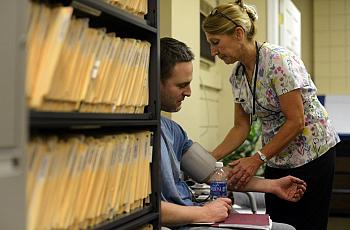
A free clinic in Pennsylvania was hoping that the Affordable Care Act would lower demand for its services. But there remains a huge need from those who still lack coverage, according to clinic founder Dr. Bill Markle. "We’ll be here for the foreseeable future.”